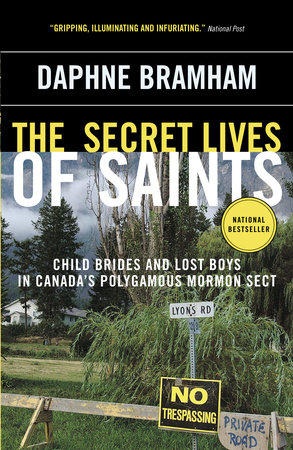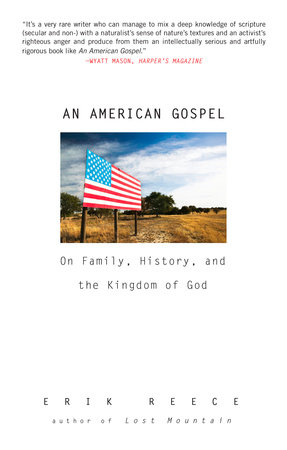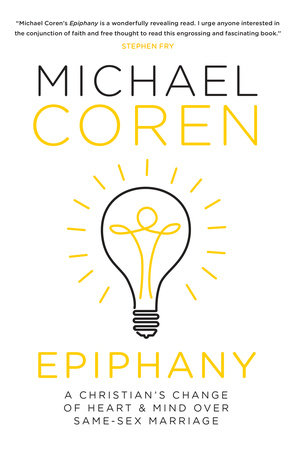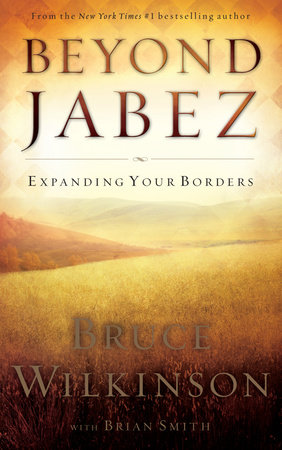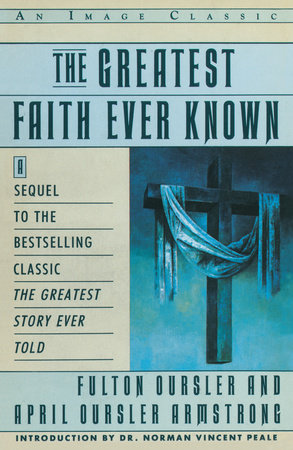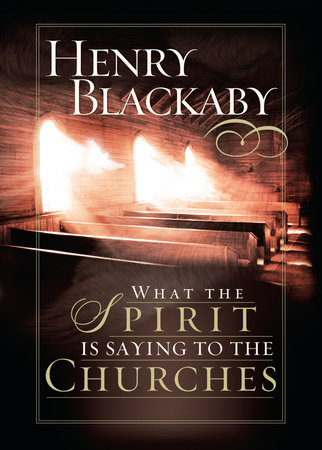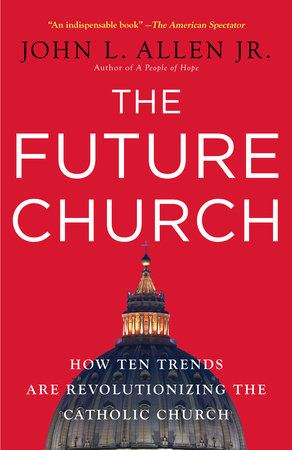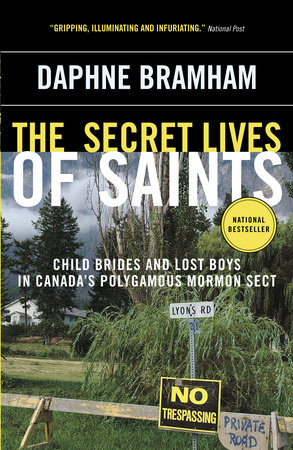Author Q&A
You frame this book very clearly as a moral challenge. What do you think is at stake?
Canadian values are at stake if the governments fail to enforce the anti-polygamy law. The Canadian Charter of Rights and Freedoms does allow for religious freedom, but one of the hardest-won sections of the Charter also guarantees equality rights and the rights of women. Which do we value more? Religious freedom or equality? That’s something Canadians will have to decide. And what makes this all the more important — this decision about what values we share — is that Canada is a multicultural country. We have invited people from all over the world to come and live here in peace and harmony with us. For that to happen, we need to ensure that they accept what we believe or else we are headed for some very troubled times.
You note that the fundamentalist Mormons make a great deal of the difference between polygamy and celestial marriage. Is this anything more than a ruse?
The fundamentalists argue that when they take multiple wives, they are agreeing to spend time and all eternity as husband and wife, having been joined together in the pre-life and as ordained by God. For them, polygamy or a man having mistresses is sinful because it’s done for sex not for God’s higher glory. Is it a ruse? It’s always difficult to determine whether firmly held beliefs are sincere or opportunistic. But I think it’s even more difficult to sort that out when holding firmly to the belief that gives a religious sanction to middle-aged men to be pedophiles or to have a harem of beautiful young women who are at their beck and command not only for this life, but forever. It’s worth noting that many rich and powerful men in mainstream society opt for the choice even without God’s blessing.
Harold Blackmore emerges in the story as an idealist with good intentions. In your view, how could someone clearly concerned with doing the right thing end up causing so much harm?
Harold was a man bent on salvation. His perceived righteousness blinded him to the harm he inflicted on the people he claimed to love most. Men in this religion believe they have the potential to become gods. They are told that they are the spiritual, moral and intellectual superiors to women and they are not to be questioned because it is the man who will lead his women and children to salvation. That continually reinforced sense of superiority coupled with the belief that God speaks to men and directs them through revelation means that a man like Harold could always justify/rationalize his behavior. In his view, he was only doing God’s will.
Though very different from Harold, Winston Blackmore also emerges as a complex character. For all his flaws and all the injustices and, as you argue, crimes, he still seems by the end to be a victim of FLDS injustice as well as a villain. How can he be both?
Winston Blackmore committed one of the gravest sins possible in the FLDS. He was not blindly obedient, he challenged the fanatical orthodoxy being promoted by Warren Jeffs even before he became the prophet following his father’s death. For that, Blackmore was excommunicated. As an apostate, Blackmore is now shunned by not only friends, but family. He is dead to them, invisible. The risk in associating with an apostate is that he might infect them with his rebellion and put their own salvation at risk. This sort of courage and refusal to submit will make any character seem sympathetic, but I hope the book is very clear that this rebelliousness does little to redeem a man who has damaged so many lives.
Though the title of the book suggests that what goes on in Bountiful, B.C. is a secret, it is clear that everybody knows what is going on there — as you point out, Blackmore has acknowledged nearly everything on CNN. How does he get away with it?
That’s the million-dollar question. One might expect that a confession to a crime is sufficient. But that doesn’t seem to be the view of a succession of B.C. attorneys general and a succession of crown prosecutors and special prosecutors. What they say is that it’s impossible to prosecute without a victim who is willing to stand up in court and testify to being a child bride, to being sexually abused or exploited or trafficked into the country. So far, the police and prosecutors have been unwilling to find someone brave enough to do that. However, I continue to hold out hope that as more people leave, some will be willing to hold Blackmore and others to account.
Though the family arrangements of the FLDS community clearly privilege the men, a few strong women also emerge in the book. To what extent are women like Anna Mae complicit in the injustices in this sect?
They are as guilty of the abuses as the men and are often the instigators of the physical and emotional abuse inflicted on sister-wives and the children of sister-wives especially in the large families. These alpha-wives are as intent on becoming goddesses as their husbands are at becoming gods. The difference is that for women, the only power they wield is over other women in their household and over children. So, they use that to reinforce their standing with their husband. These alpha wives can become especially powerful in a family where the husband is either weak or too busy to keep peace among the many wives and children. The alpha wife becomes his surrogate.
The young men of the sect seem to be both necessary to the survival of the sect, and at the same time a real problem. Can you comment on how the fundamentalists negotiate this uncomfortable balancing act?
It is literally on the backs of the boys, through their labour, that the FLDS leaders have become rich. They are paid little more than slave wages. They work uncomplainingly in the hope that they will be granted at least one wife even if that means working crushingly long hours in brutal and unsafe conditions. Without them, the group would be even more heavily reliant on welfare and government programs to support their many wives and children. However, young men also pose a threat to the old men who make up the leadership. Before the relatively recent revelation about “placement marriage,” young men and women chose their partners and there were few young women eager to choose a man their father’s age or older. But even with placement marriage, the young men remain a potent threat for the attentions of the young women. And because we come into the world in relatively equal numbers, it means that these boys and young men must be disposed of, kicked out, excommunicated or made so terribly unhappy that they choose to leave.
Your book is animated by a very strong sense of right and wrong. To what extent do you think the FLDS is entitled to the respect and tolerance afforded to other groups?
Respect is not a right. It’s something that is earned and there are many kind, sincere, hard-working and gentle fundamentalist Mormons who do not practice polygamy, who love and honour their wives and children and work hard for their families and communities. They are deserving of both tolerance and respect. But men who break the law by forcing very young girls to have sex with them in the guise of a spiritual marriage or who physically, sexually or emotionally abuse women and children or who abuse the people who work for them are criminals. They should not be tolerated. The laws of the country should apply to everyone. There shouldn’t be different laws for different people or different groups.
Neither of the two prophets who figure so prominently in the book seems particularly exceptional. Neither Winston Blackmore nor Warren Jeffs stands out as remarkably charismatic or intelligent or rhetorically gifted. How would you account for the sway they hold over their devotees?
Power and wealth are tremendous aphrodisiacs and both men came from powerful, wealthy families. They are the princes of their generation and that alone gave them a privileged position in the community. Over the years, they have also become extremely skilled at manipulating people and in a closed community it is not that difficult to know what everyone is doing, what their weaknesses are and what they might be lusting after. Both Jeffs and Blackmore are remarkably astute at taking that information and using it to their advantage. And, to be fair, on the occasions that I have spoken to Blackmore or watched him perform at press conference and public meetings, Blackmore — Uncle Wink as the young people call him — has been genial and even charming. What makes him seem all the more so is that Jeffs seems so entirely lacking in charm. He’s a man who is obeyed out of fear, not love.
It seems that the more ambitious the FLDS leaders’ claims to divinity become, the more abominably they behave. In your view, what is the link between the fact that they think of themselves as godlike and the effect they have on their followers?
It seems that in every society, power has a corrosive effect. “Power tends to corrupt and absolute power corrupts absolutely,” Lord Acton famously said in 1887. “Great men are almost always bad men.” It seems that is the nature of man and there is no doubt that the fundamentalist leaders have absolute power over their followers. They control where they live, where they work, whom they marry. They control the level and quality of the education their followers have. They control their access to the outside world not only by cloistering them in remote locations behind high walls and fences, but by censoring the books they read, music they hear and limiting their access to all kinds of popular media and the Internet. And if it is difficult to stand up to a dictator, it becomes nearly impossible to challenge a god who is believed to hold not only the fate of your temporal life in his hands, but your eternal life as well.
